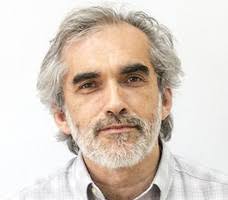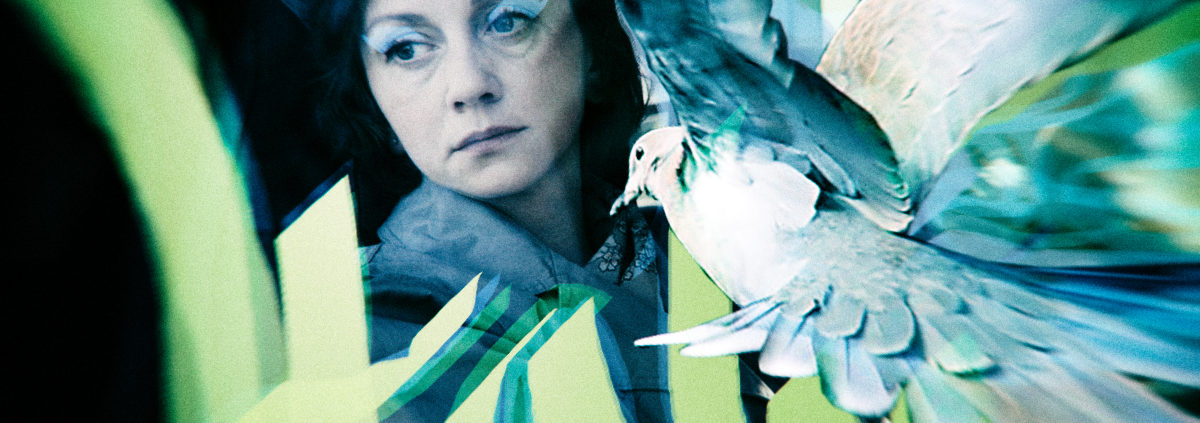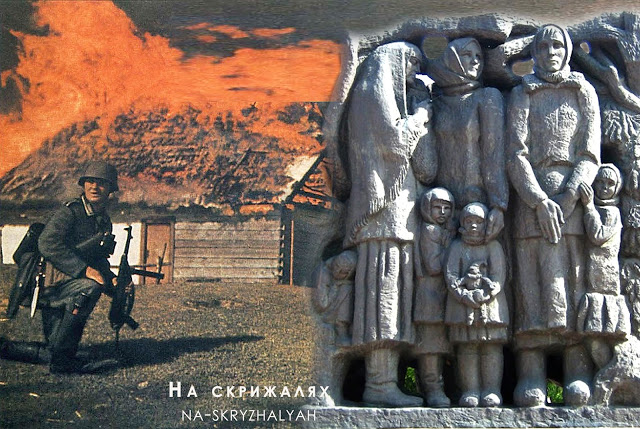At first glance, lots has changed in Ukraine over the last three years. But the more changes, the more visible it is how much the country's development is burdened with the past. What is wrong?
Independent Ukraine emerged as a result of the fall of communism. But it happened quietly. Unlike the French Revolution of 1789 and the Russian one in 1917, which led to great geopolitical changes, the velvet revolution of 1989-1991 did not give birth to any new "ism."
Communism was overthrown by an old "ism" - consumerism. Communism had many enemies. But one of them was the strongest - everyday life. Where communism came, the bright colors on the streets, the noise in the cafes, and the variety of goods in the shops disappeared. They were replaced by the sad canteen, deficits, and rank-and-file clothes. It was possible to put up with domestic unattractiveness while there existed revolutionary terror or revolutionary enthusiasm. But the terror has died with Joseph Stalin, and it was hard to imagine Leonid Brezhnev and any other late Soviet leader in a revolutionary budenovka.

"Connections" and "procure" are two key concepts that determined the life of any Soviet family. And it was possible to live, even survive, for a long time. As the classic wrote, a person is ready to adapt to any trouble, provided that others live the same way. All were equal in their poverty, and this was called justice.
However, there were exceptions: young people, creative intellectuals, residents of the western outskirts of the USSR, which were "sSovietized 20-30 years later. They either remembered how they were once or just wanted to dress and behave differently - as they have seen in French films and in Polish magazines. This memory and these aspirations became sublimated into the image of a mythical West - a free non-communist world where everything exists and nothing is forbidden. This image became all the more desirable and more convincing given that the real West remained inaccessible. Judging by the memories of the leaders of the Donbas mining movement of 1989, even the Donetsk miners dreamed of living like in the West, to receive a salary like in America and social guarantees like in Sweden.
Independent Ukraine emerged as an alliance of three unlikely communities - the national (or nationalist) western Ukraine, refurbished communists in central Ukraine, and the said Donetsk protesters.If there were survival contests in the world, Ukrainians would win first place.
The first imagined independent Ukraine painted in the colors of the blue and yellow flag, the second - as a chance to preserve their power, and the third - as a generous and cheap consumer basket. The hopes of the latter were not groundless: as predicted in 1990 by Deutsche Bank, in the event of the collapse of the USSR, the Ukrainian SSR had the highest chances for rapid economic development out of all the Soviet republics.
But two of the three hopes did not come true. Independent Ukraine was neither national nor successful. On the contrary: the first years of independence had turned into an economic catastrophe. Few remember, but in 1994 a special issue of The Economist magazine devoted to Ukraine came out, with the eloquent title of "Ukraine: The birth and possible death of a country."
In the 1990s, the West still came to Ukraine, disguised as second-hand. A new culture born in the post-Soviet space become a culture of the new Russians or - in our performance - the new Ukrainians: magenta jackets, golden chains and ostrich leather shoes. It is easy for a historian to recognize this kind of culture - a culture of glamour, a rich fashion for those who were poor yesterday.
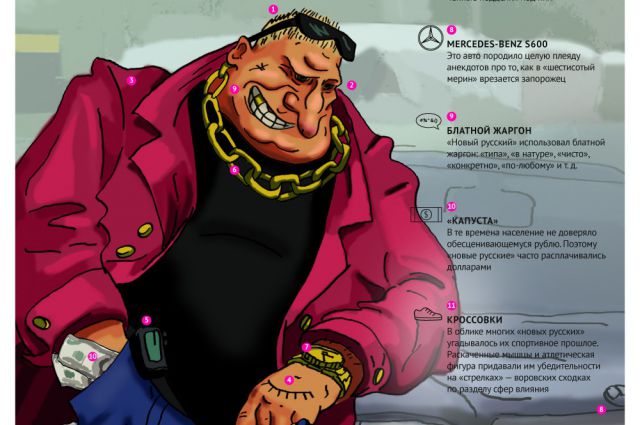
Another innovation was the culture of the "gangster 1990s:" sportswear and Russian chanson - those who also sought to rise up, serving the interests of the Nouvea riche.
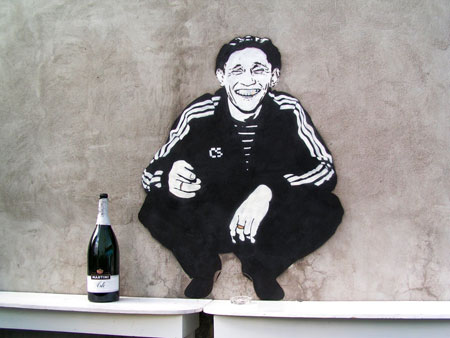
The first years of Leonid Kuchma's rule [from 1994] were the turning point. On the one hand, his first government launched the necessary economic reforms, on the other - it was during its first term that the oligarchic system was formed in Ukraine.
There was, of course, one more specific Ukrainian feature. Unlike the neighboring countries, the economic collapse of the 1990s did not lead us to authoritarianism. With the exception of the Baltic States, Ukraine is the only one which passed the democracy exam. And what is especially important, Ukrainians passed it on an empty hungry stomach.
Yes, Ukraine did not become a developed democracy with established traditions, rules, and institutions. Our democracy arose rather as a democracy by default on the basis of regional and oligarchic competition, where no region, no oligarch was able or didn't even try to lead the country alone. Although imperfect, it was a democracy. The democratic features of the Ukrainian political system are easily spotted: the power changed depending on the elections, and it was difficult to predict who will win the next time.
Almost ten years of continuous economic growth from the late 1990s to the 2008 crisis together with the democracy by default launched new processes, the consequences of which Ukraine still experiences today. The main one is the formation of a new middle class. A predominantly young, educated class, represented by inhabitants of large cities, where there were more opportunities for conducting new, non-oligarchic business. What is also important: this class was formed thanks to the Internet and travel, and the absence of "a single TV button" in the country did not make it, unlike Russia, dependent on authoritarianism.
The two Maidans [the Orange Revolution in 2004 and Euromaidan in 2014] had largely become the revolutions of this new middle class. Tellingly, both happened on the wave of economic recovery. This paradox corresponds to the typical behavior of this class, which first manifested itself during the youth revolutions of the 1960s in the West: its representatives rebel when things get not worse, but better, because the protest is connected not so much with interests, but with the values of self-expression.
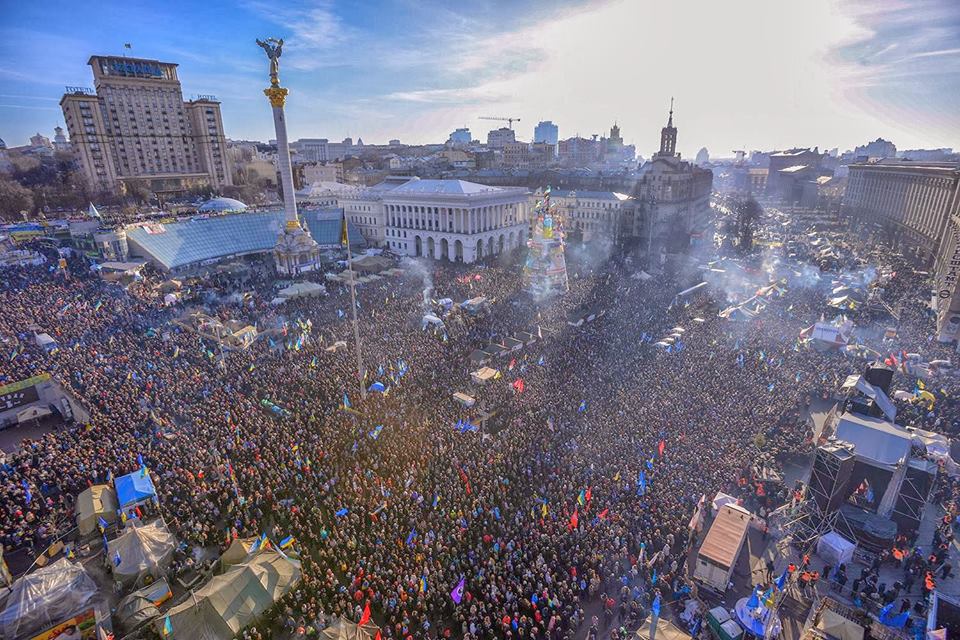
This new middle class is the backbone of a dynamic civil society. The only thing it still can't do [in Ukraine] is to organize itself into a viable political project. Therefore, political life in Ukraine during 2000-2010 remained the system that had developed under Kuchma, with leaders who are his "children": Yushchenko, Yanukovych, Tymoshenko, Poroshenko.
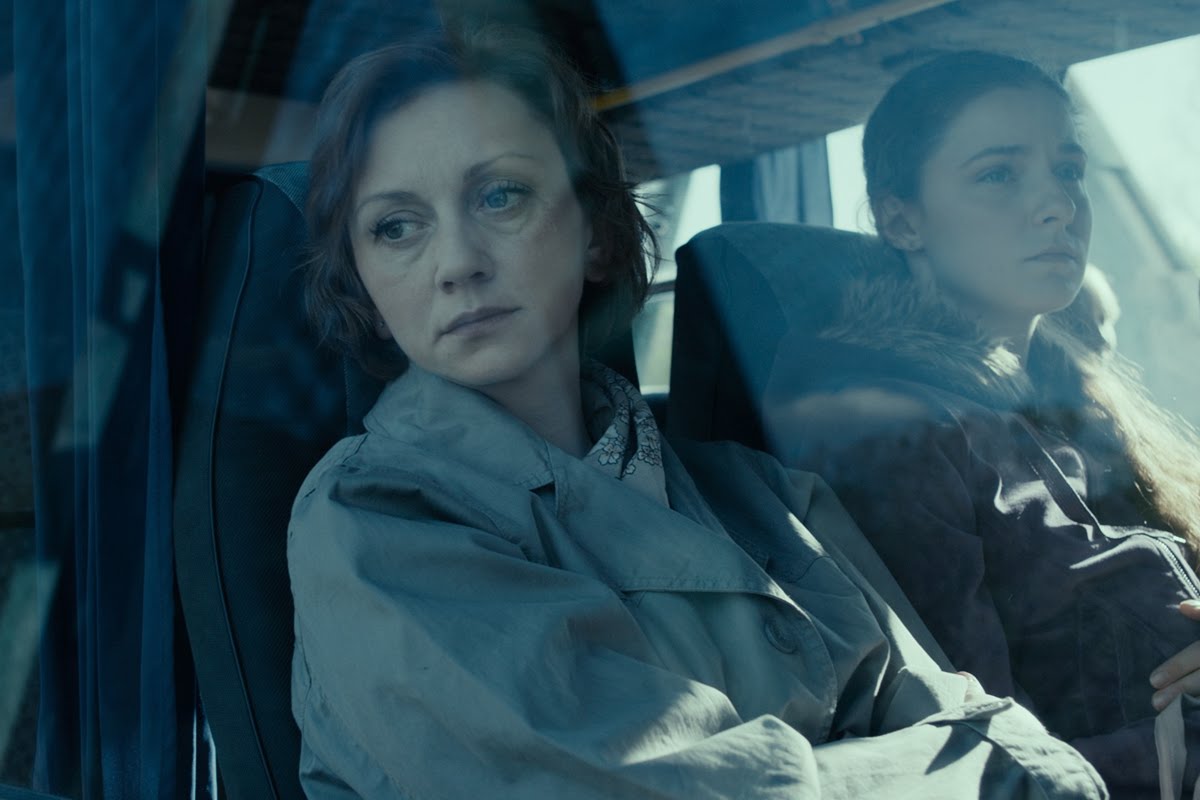
That was the case in the past. But, apparently, it will remain so in the coming years. After all, a political class with the will to change the rules of the game has yet to form in Ukraine.
At first glance, a lot has changed in the country, especially in the last three or four years. Of the three unlikely allies in 1991, only one is left: Western Ukraine. But it has changed a lot, gradually moving east, from Kyiv and the Dnipro river. The biggest economic change was the transformation of the national economy: from the mid-2000's, the service economy exceeded 50% in the gross national product and has been growing ever since. To a large extent, the conflict between the separatist Donbas and the rest of Ukraine can be interpreted as a conflict between the industrial past and the post-industrial future of the country.
The more changes in Ukraine, the more noticeable how its development is aggravated by the past. And it's not about linguistic issues or different competing models of historical memory, but in the vitality of old schemes: widespread corruption, a large shadow sector, a lack of institutional trust, which corrode the national body like cancer.
Finally, not only Ukraine, but all its neighbors are trying to overcome their past. And that makes our country attractive: in this struggle, it does not give up and continues to try.
And here's what's even more important: if up till recent times, Ukraine and Europe had coped with their own crises independently, then it hasn't been so in the last 10-15 years. The more Ukraine gets europeanized, the more Europe becomes ukrainianized. The problems of the latter - the instability of political and economic structures, refugees, social inequality, and populism - are increasingly similar to Ukraine's problems. And Putin's attempt to overturn the post-war geopolitical system makes Ukraine and Europe situational allies.
Of course, the key question remains: "Will the next European-Ukrainian crisis lead to a promising solution?" In other words: will there emerge a new "ism" that can replace all the old ones, including consumerism? Nobody knows this, because the question is not in knowledge, but in actions.
However, in searching for a response, Ukraine and its experience now cannot be ignored. If the west and east of Europe want to survive, they must take responsibility one before the other. And this means to rise above the level of consumerism. It was enough to overthrow communism, but not enough to build a new world. Yes, now the world is far from perfect and is not at all ideal. But it is convenient for living, not surviving.
